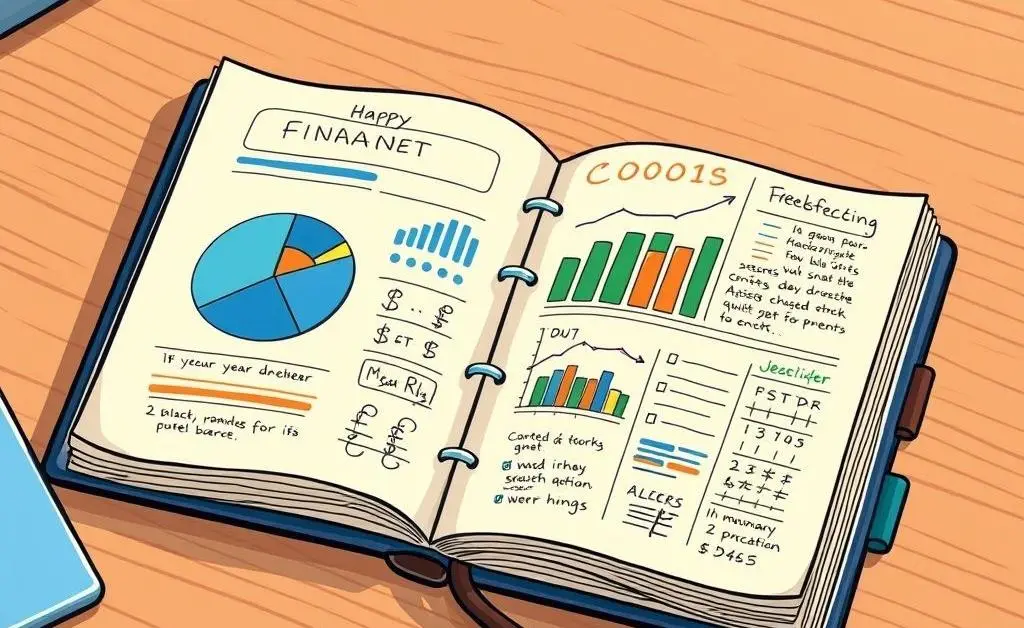Why Giving Money to Your Kids Isn't as Simple as It Sounds
Explore the nuances of gifting money to children and its financial implications.

Have you ever thought about gifting money to your children? While it seems like a straightforward way to help them financially, the process is layered with complexities that often go unnoticed. Let's explore why.
Understanding the Emotional and Financial Aspects
Gifting money isn't just a financial decision—it's also deeply personal and emotional. There’s the joy of offering support, of course, but there's also the potential pressure on your kids to use the money 'wisely.' It raises questions on both ends about responsibility and trust.
Tax Implications of Gifting Money
If you're considering this, you're probably wondering about the tax implications. And, yes, taxes are a big deal here. In many countries, including the U.S., there's a limit to how much you can give each year before triggering gift taxes. In 2023, for example, the annual exclusion amount is $17,000 per recipient. Beyond that, you may need to file a gift tax return.

Setting Up Trust Funds
To smooth things out, many folks choose to set up trust funds. Trusts allow you to manage the distribution of assets in a controlled manner. This can ensure that funds are used for specific purposes, like education or buying a home.

It's About More Than Money
A big takeaway here is that gifting money involves more than simple transactions. It's about planning and communicating. If not managed well, it can lead to unintended family friction. Thus, having open conversations and perhaps consulting a financial planner can be invaluable.
Consider the Long-term Impact
Finally, think about the long-term impact on your own financial stability. Have you ensured that your retirement and personal expenses are fully taken care of before giving significant sums away?

It's all about balancing generosity with practicality. Have you ever walked this line? How did you manage the emotional and financial complexities?




